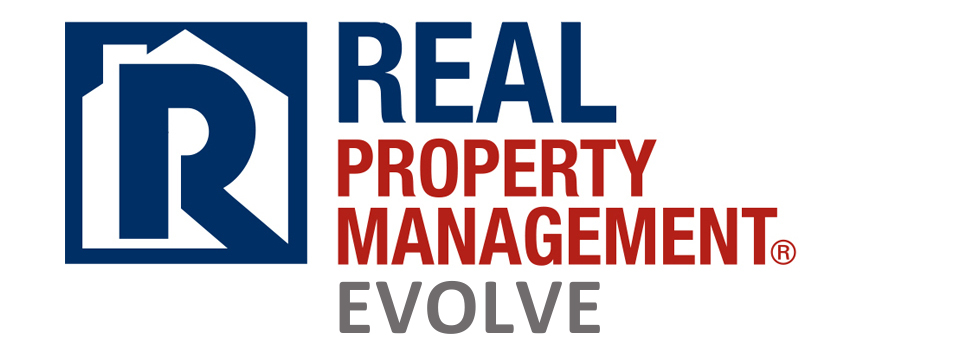The 1031 Exchange: A Property Investor’s Friend
If you’ve spent any time in real estate investing, you probably know about 1031 exchanges. But, of course, it’s always good to review—especially because they can be vulnerable to tax reform. That said, 1031s are still alive and well and they are certainly a tool you can add to your quiver.
What is a 1031 Exchange?
Simply put, it comes from Section 1031 of the tax code and it is a tax-free swap of one business or investment asset for another. 1031 exchanges are remarkably unique because while other swaps are taxable, the 1031 allows you to change the form of your investment without cashing it out or recognizing gains. Essentially, you make the exchange tax-free or with limited tax. There is no limit to the amount of times you can make an exchange, either. You can avoid tax on your investments until you actually sell them for cash down the road.
5 Things to Know About 1031s
- Hire a tax professional to help you navigate the process. Your investment team should already include a tax professional. Make sure they are well versed in 1031s.
- 1031s are for investment properties, not personal properties—so you can’t swap your primary residence. But, you may be able to swap a vacation home.
- Exchanges don’t necessarily require that you trade one type of property for another, very similar type of property. You can, for example, trade a one-family residence for an apartment building. However, there are still some rules that might catch you off guard, if you don’t do your research.
- You’ve got time, but it’s not infinite. Because it is often difficult to find someone with the property you want to swap for, you have time to do a “delayed” exchange—in which you designate the replacement property within 45 days of selling the original property. However, you must close within six months.
- Don’t forget your loans. Debts on either property can impact your potential for deferred taxes. If you trade for a property with a smaller mortgage, that gain can be taxed.
- Special Rules can apply. For instance, depreciation recapture can be imposed when an investor swaps a higher-valued property for a lower-valued property. The depreciation previously claimed on the previous property can then be taxed as income.
Take some time to talk with your team members about 1031 exchanges to see if they will work well for you.





